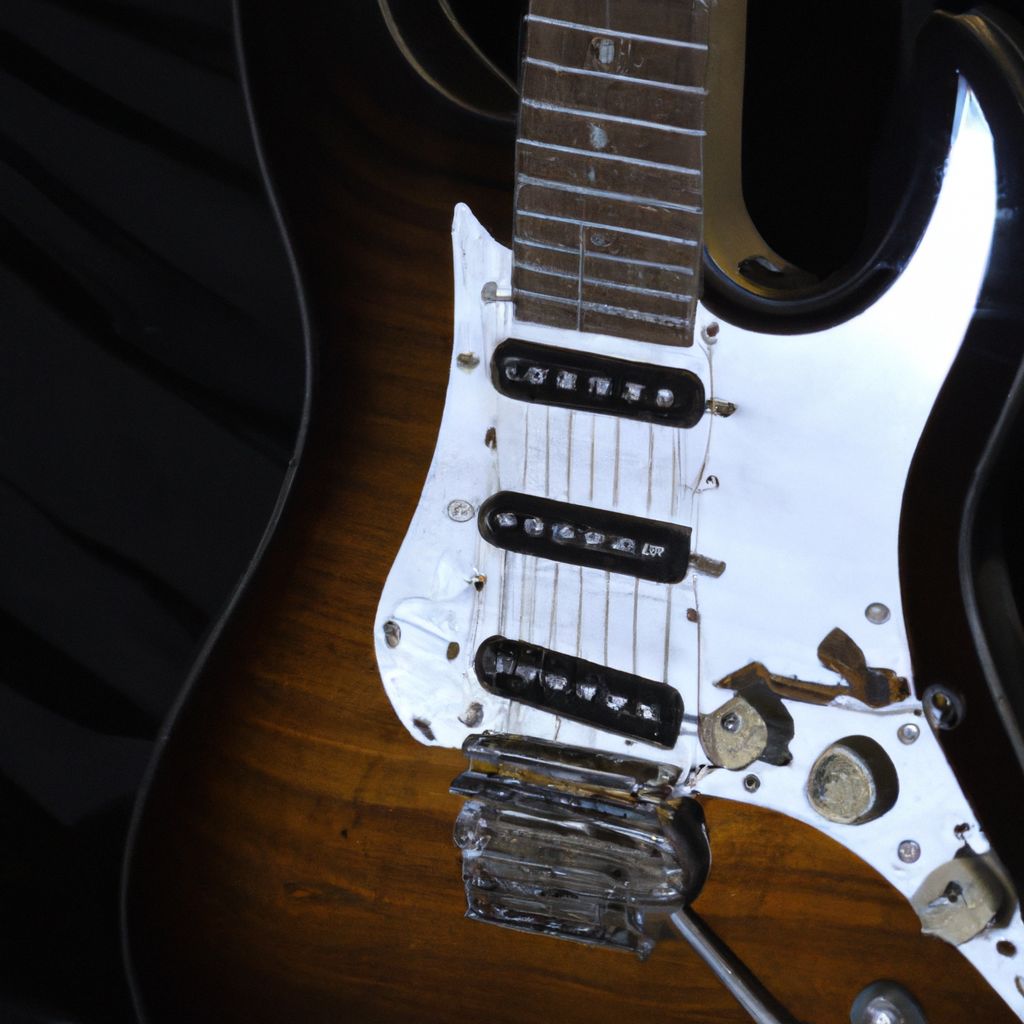- Introduction to Rock and Roll and Its Guitar Requirements
- Types of Electric Guitars for Rock and Roll
- Top Recommended Electric Guitars for Rock and Roll
- Factors to Consider When Choosing an Electric Guitar for Rock and Roll
- Maintaining and Caring for Your Electric Guitar
- Conclusion: Choosing Your Rock and Roll Companion
Introduction to Rock and Roll and Its Guitar Requirements

Rock and Roll, a genre that emerged in the 1950s, has left an indelible mark on the landscape of music. Marrying elements of rhythm and blues, country, jazz, gospel, and pop, it transformed the face of music, giving rise to a new, electrifying sound that continues to resonate with audiences worldwide. At the heart of Rock and Roll is the electric guitar - a powerful instrument that has shaped the genre's distinctive sound.
Choosing the ideal electric guitar for Rock and Roll is a task that requires careful consideration. The guitar must possess a certain set of characteristics to deliver the punchy, powerful sound synonymous with the genre. Sound quality is paramount - the guitar needs to produce a clean tone with a good sustain. The build of the guitar is also crucial. It must be sturdy and comfortable to play, facilitating quick transitions between chords and solos. The type of strings used can also significantly affect the sound, with heavier gauge strings providing a thicker tone that's perfect for the genre.
In the following sections, we will delve deeper into these considerations, offering a comprehensive guide to the best electric guitars for Rock and Roll.
Types of Electric Guitars for Rock and Roll
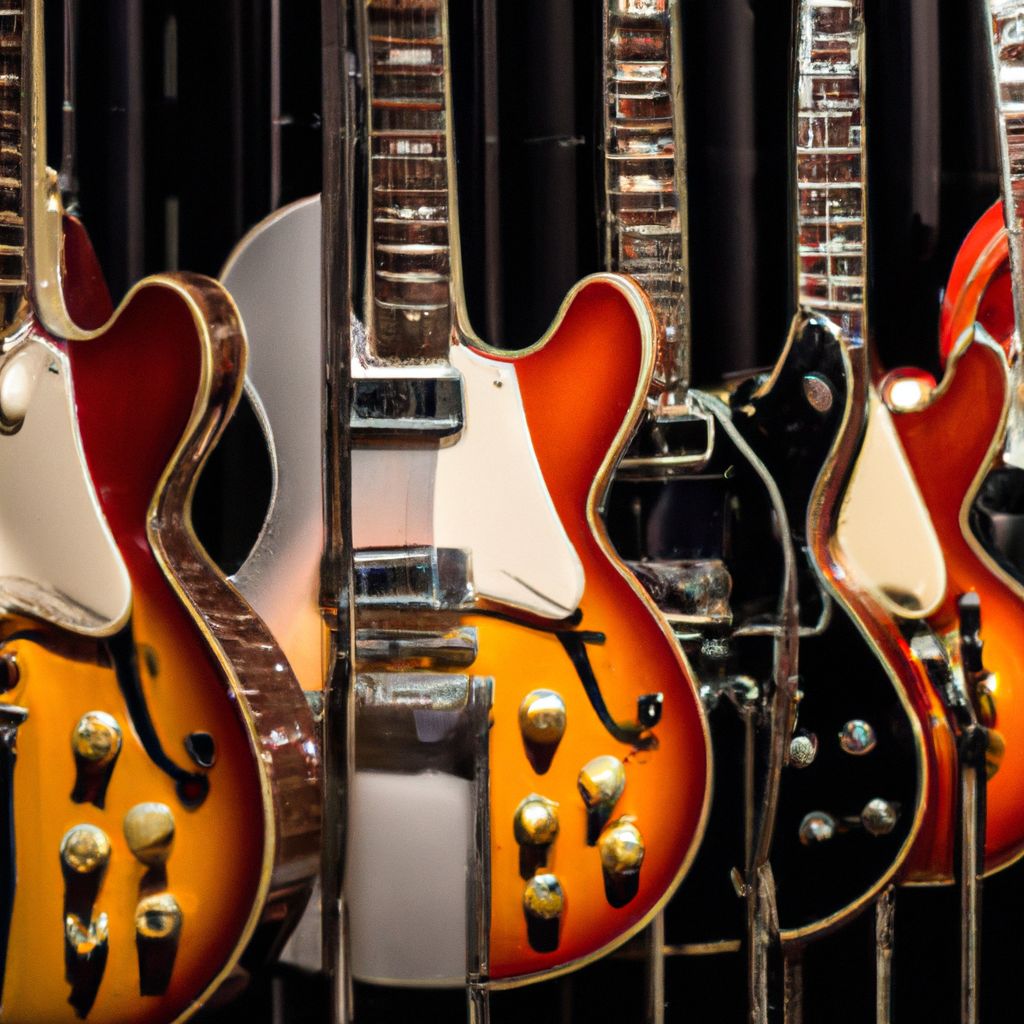
When it comes to electric guitars, there are three primary types that are commonly used in Rock and Roll: solid body, hollow body, and semi-hollow body. Each type has its unique characteristics that contribute to the genre's signature sound.
Solid Body Guitars: As the name suggests, these guitars have a solid wood body without any resonating cavity. They are known for their wide range of tones, robust sustain, and reduced feedback, making them suitable for high volume rock music. Iconic models like the Fender Stratocaster and Gibson Les Paul fall under this category.
Hollow Body Guitars: These guitars have large, resonating cavities in their body, similar to acoustic guitars. They produce a warm, rich tone with a natural resonance that's perfect for vintage rock and roll styles. The Gretsch White Falcon and Gibson ES-175 are great examples of hollow body guitars.
Semi-Hollow Body Guitars: A hybrid of the solid and hollow body designs, these guitars feature a solid center block with hollow chambers on either side. This design reduces feedback while still providing some natural resonance, making them versatile for various rock and roll sub-genres. The Gibson ES-335 is a popular semi-hollow body guitar.
Choosing between these types of electric guitars depends on your specific needs and the sound you're aiming to achieve. The key is to find a guitar that feels comfortable to play and produces the tone you want.
Top Recommended Electric Guitars for Rock and Roll
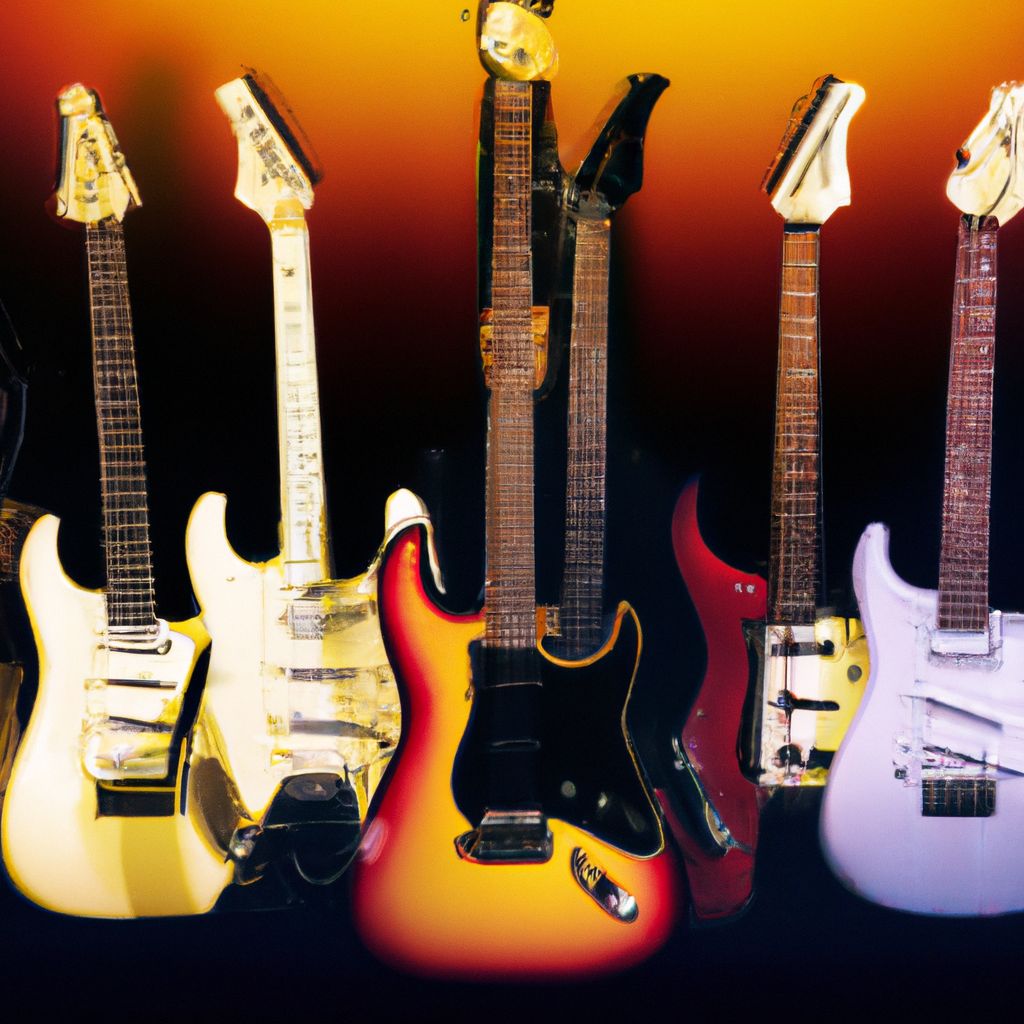
Now that we've covered the types of electric guitars, let's delve into some top recommendations for Rock and Roll music. We've handpicked a few options that are highly regarded by industry professionals and guitar enthusiasts alike.
- Fender American Professional Stratocaster:
The Stratocaster is a classic choice for Rock and Roll, boasting a comfortable contoured body, three single-coil pickups for a wide range of tones, and a smooth-playing neck. It's known for its crisp, bell-like tone and excellent playability.
Pros: Versatile tone, superb playability, classic design.
Cons: May lack the thickness of tone for heavier rock styles.
- Gibson Les Paul Standard '50s:
This guitar is a nod to the golden era of Rock and Roll. It features a mahogany body with a maple top for a full, balanced tone, two humbucker pickups, and a chunky '50s style neck. It's celebrated for its rich, warm sound and impressive sustain.
Pros: Powerful tone, great sustain, iconic design.
Cons: Heavier body may not suit all players.
- Ibanez RG550:
A staple in the world of hard rock and metal, the RG550 is also a formidable choice for Rock and Roll. It features a slim, fast neck, a basswood body, and Ibanez's proprietary pickups for a hot, edgy tone.
Pros: Fast playability, hot output, durable construction.
Cons: Tone may not be as versatile as other options.
- Gretsch G2622 Streamliner:
This semi-hollow body guitar delivers a unique blend of warmth and bite. It features two Broad’Tron pickups, an adjustable bridge, and a sleek, comfortable neck. It's an excellent choice for those looking to capture vintage rock and roll tones.
Pros: Unique tone, excellent value, comfortable playability.
Cons: May lack the high-output of solid body guitars.
Each of these guitars brings something unique to the table, making them excellent choices for any Rock and Roll enthusiast. They are well-loved and trusted by many musicians, from budding guitarists to seasoned professionals.
Factors to Consider When Choosing an Electric Guitar for Rock and Roll
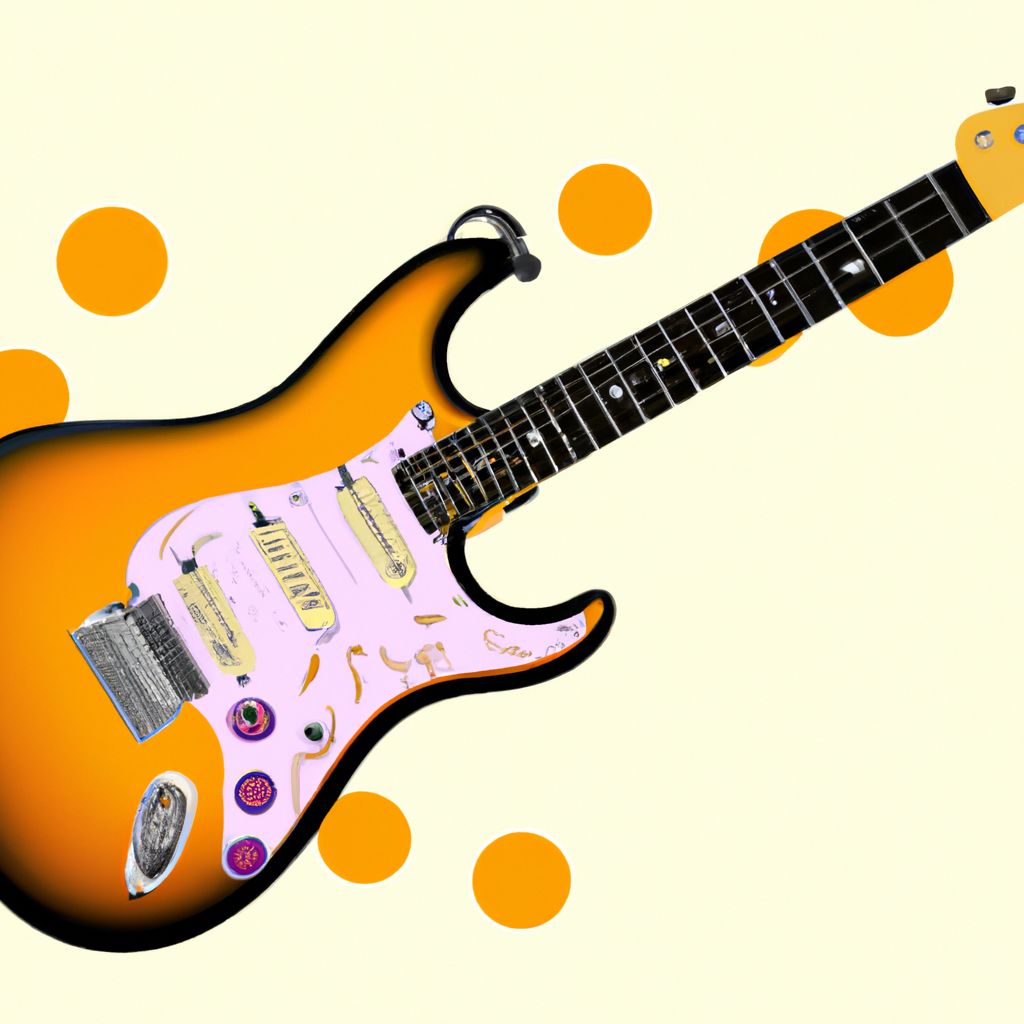
Choosing the right electric guitar for Rock and Roll involves numerous factors. Here are some essential considerations to bear in mind:
- Playability:
This refers to how comfortable the guitar is to play. Factors like the guitar's weight, the shape and thickness of the neck, the action (the distance between the strings and the fretboard), and the size and spacing of the frets can significantly impact playability.
- Sound Quality:
The guitar's tone should ideally be clean, clear, and full, with a good balance between bass, mid, and treble frequencies. The type of pickups (single-coil, humbucker, P-90, etc.) can greatly influence the sound quality.
- Materials:
The type of wood used in the guitar's body, neck, and fretboard can affect both its tone and durability. Popular choices include mahogany for a warm, full sound; maple for clarity and sustain; and rosewood for a rich, complex tone.
- Price:
While it's true that you often get what you pay for, there are plenty of affordable guitars that offer excellent value for money. Don't feel pressured to overspend; instead, focus on finding a guitar that meets your needs and fits your budget.
- Brand Reputation:
Brands like Fender, Gibson, and Ibanez have earned their reputation through years of producing high-quality instruments. However, don't overlook lesser-known brands that may offer comparable quality at a lower price point.
- User Reviews:
Feedback from other users can provide valuable insights into a guitar's performance, durability, and value for money. Look for consistent patterns in reviews to get a balanced view.
By taking these factors into account, you can ensure that you select an electric guitar that will serve you well in your Rock and Roll journey.
Maintaining and Caring for Your Electric Guitar
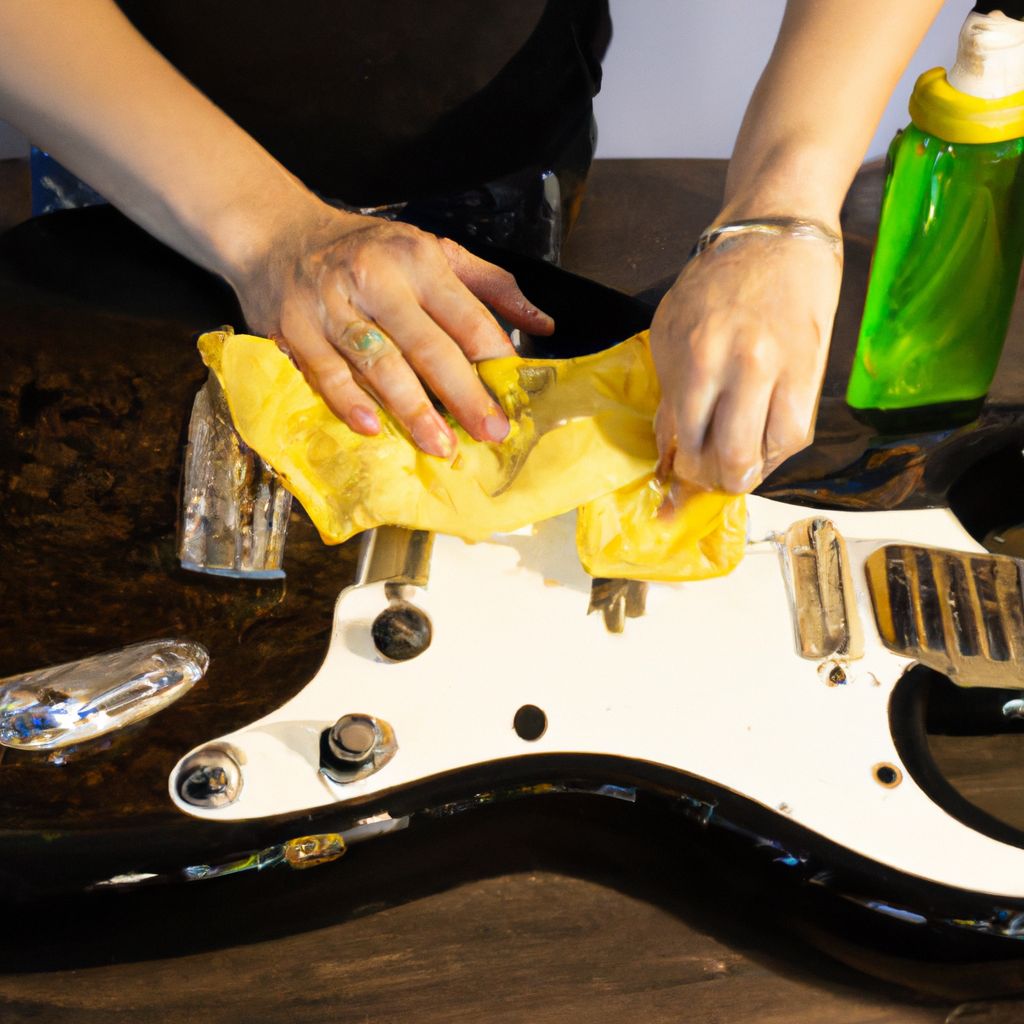
Maintaining your electric guitar is crucial for preserving its sound, playability, and aesthetic appeal. Here are some guidelines to help keep your instrument in optimal condition:
- Cleaning:
Regularly clean your guitar with a soft, dry cloth to remove dust and grime. Use specialized guitar polish for the body and lemon oil for the fretboard to keep them clean and hydrated. Avoid using household cleaning products as they can damage the guitar's finish.
- String Maintenance:
Wipe down your strings after each playing session to remove sweat and oils that can cause corrosion. Consider changing your strings every 3-4 months, or more frequently if you play a lot, to maintain a bright, clear tone.
- Humidity Control:
Extreme changes in temperature and humidity can warp the wood and damage your guitar. Try to store your guitar in a stable environment, ideally at a relative humidity level of 45-55%.
- Storage:
When not in use, store your guitar in its case to protect it from dust, humidity, and accidental damage. If you prefer to have it on display, use a wall hanger or a guitar stand, making sure it's secure and stable.
- Regular Check-ups:
Periodically inspect your guitar for any signs of wear or damage, such as buzzing strings, high action, or loose hardware. If you spot any issues, consult a professional for repairs.
By following these maintenance and care tips, you can prolong the life of your electric guitar and keep it sounding its best for your Rock and Roll performances.
Conclusion: Choosing Your Rock and Roll Companion

In conclusion, the electric guitar is a quintessential instrument in Rock and Roll, and choosing the right one can significantly enhance your performance. Whether you're drawn to the crisp, bell-like tones of a Fender Stratocaster, the rich, warm sound of a Gibson Les Paul, the edgy output of an Ibanez RG550, or the vintage vibes of a Gretsch G2622 Streamliner, there's a wealth of options available.
Remember, when choosing a guitar, it's essential to consider factors such as playability, sound quality, the materials used, price, brand reputation, and reviews from other users. Furthermore, maintaining your instrument through proper cleaning, string maintenance, humidity control, and regular check-ups can ensure its longevity and optimal performance.
With careful consideration and the right choice, your electric guitar will not only be an instrument but a companion in your musical journey, helping you express your passion for Rock and Roll in the most vibrant way possible.


